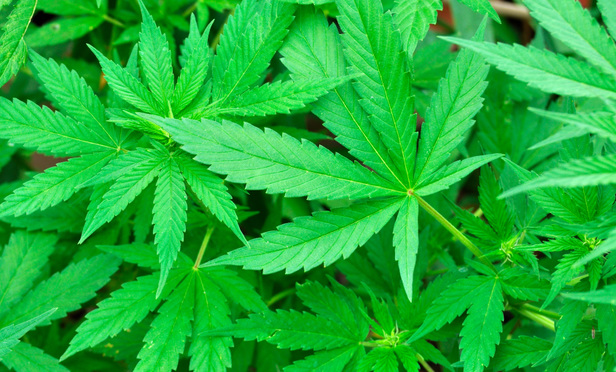Act 16 of 2016, the Medical Marijuana Act (MMA), 35 Pa.C.S.A. §10231.101, et seq., effective May 17, 2016, puts Pennsylvania among the growing number of states permitting the use of marijuana for prescribed medicinal purposes. The MMA, like all state laws purporting to “legalize” marijuana use, squarely conflicts with federal law, which still considers marijuana to be a Schedule 1 substance under the Controlled Substances Act with no legitimate medical uses, see 21 U.S.C. Sections 812(b)(1)(A)-(C); 844(a). The MMA acknowledges: “Nothing in this act shall require an employer to commit any act that would put the employer or any person acting on its behalf in violation of federal law.” The MMA creates uncertainty with respect to the application and enforceability of employer “zero tolerance” and similar policies against the use of illegal drugs, injects new risks into the workplace and adds still more potential claims to the ever-growing list of employment-related causes of action.
Overview
The MMA permits appropriately credentialed physicians to prescribe and certify marijuana treatment in various forms—but not in dry leaf or plant for—to patients for any one of 17 chronic “serious medical conditions,” most being debilitating. MMA also establishes the licensing criteria for becoming a certified grower/processor and dispenser of medical marijuana; criminal and civil penalties for diversion of medical marijuana by a grower, dispensary, patient or care giver; and an advisory board to oversee operation of the act. The Pennsylvania Department of Health has issued interim regulations to implement some of the provisions of the MMA and is in the process of drafting more permanent rules.



